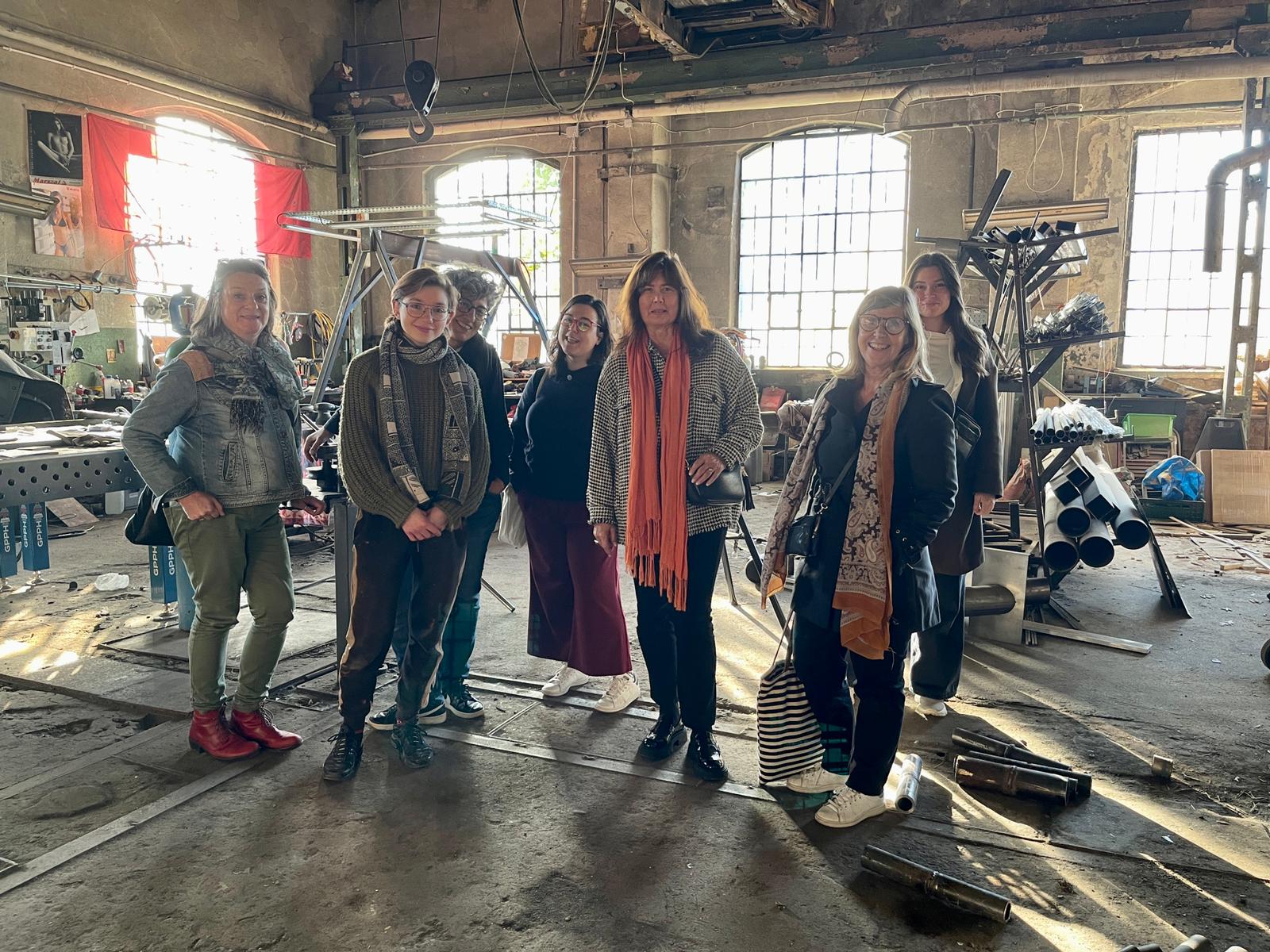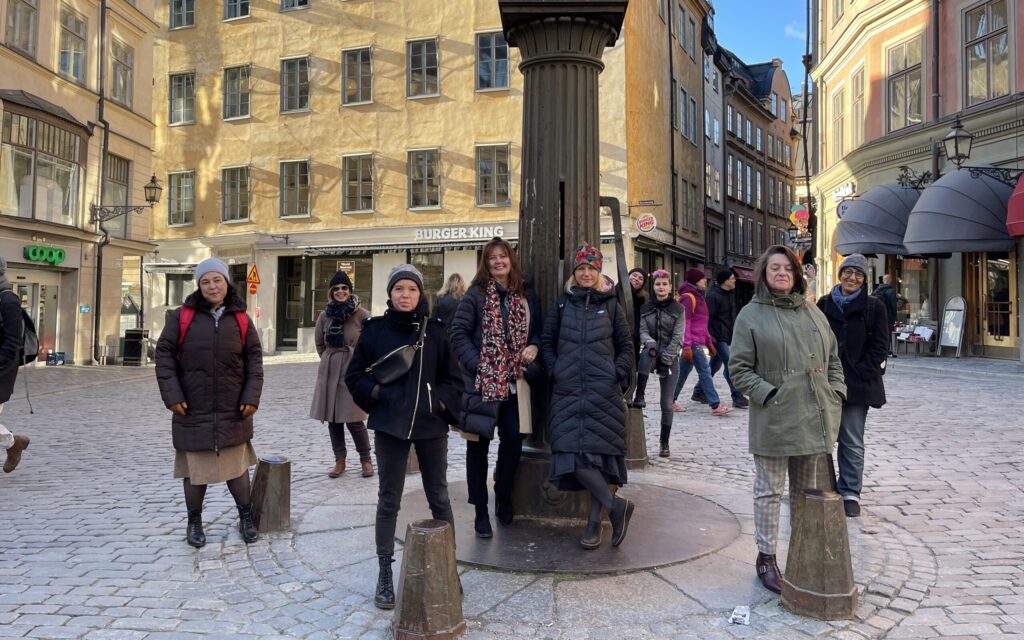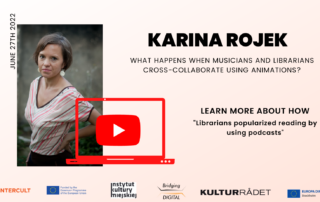Bridging Digital is a collaborative European Erasmus + project focusing on innovative practices and enhancing the digital skills in the creative and informal education sectors. The partnership consists of four organizations from Greece, Poland, Scotland, and Sweden.
The overall aim is to create a cross-learning between the creative-, the educational- and the technical sectors. The project is a combination of learning digital techniques as well as examining and creating new artistic formats where digital techniques will be an integrated part of the artwork. Cultural projects have key roles in delivering informal learning: particularly at a time when artists and cultural workers must adjust to new demands of producing performances, stage events etc. in a different format, not learned at art schools and not used in the daily work before the entrance of the pandemics into the creative professional life.
The COVID-19 pandemic has affected almost every aspect of daily life, including the direct communication link between artists and citizens, and the live performances. The postponement or cancellation of artistic events has induced a major crisis to the cultural sector and subsequently to the precarious livelihoods of artists and cultural workers. At the same time the creative sector as well as many of the people lacks knowledge on how to use digital tools in more creative ways, both for teaching and for creating digital art forms that are more interactive and engaging for the audience.
In Bridging Digital organisations from the cultural sector will cooperate with artists, multimedia experts and teachers in adult education to create a new methodology for using multimedia and digital techniques to create new art forms and to enhance the digital competence in the creative
sector.
This methodology will be applied in adult education aiming at developing basic knowledge on how to use digital tools in creative art making and teaching. For the creative sector an added value will be learning and practicing to create, stream and broadcast their performance and thereby find new audiences, independent of the physical theatre stage.
Disclaimer
“The European Commission’s support for the production of this publication does not constitute an endorsement of the contents, which reflect the views only of the authors, and the Commission cannot be held responsible for any use which may be made of the information contained therein.”

is an independent creative production and educational NGO based in Stockholm, Sweden. Operating since 1996, Intercult initiates and leads collaborative culture projects and networks and educates cultural organisations in the subject of cultural planning, audience development and international collaborations.
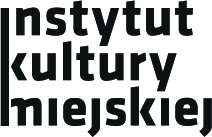
City Culture Institute (Instytut Kultury Miejskiej)
City Culture Institute (CCI) is a municipal cultural institution based in Gdańsk (Poland). Our mission is to enhance the role of culture in city life and stimulate active participation in culture. The aim of the CCI actions is to strengthen and link cultural networks with different areas of residents’ life. We create projects for the citizens, we carry out research on cultural topics and support the cultural sector in Gdansk.
We act for the citizens but also with citizens of different districts of Gdansk. We are an open institution that you may attend at any moment: participate in our offer of thematic lectures, films and workshops (dealing with the topic of the city, urban culture, architecture, city planning, history and identity of Gdansk) or you may propose and realize your own project within the framework of “openCCI” programme. We organize festivals in public space, urban interventions, actions, alternative walks with local guides.

Fablevision is a cultural charity that for almost 40 years has brought together artists and local people to imagine and develop alternative narratives for those living in disadvantaged and marginalised post-industrial communities. The charity’s artistic interventions take various forms from directly empowering learners locally to impacting on national and international policy in areas such as community development to physical regeneration. An essential part of Fablevision’s ethos has been to offer opportunities, in various forms, for direct community participation. It was to this end that it set up the social enterprise, Fablevision Studios (recently rebranded as StudioFV – www.studiofv.co.uk -) to provide employment, workplace training and volunteering opportunities for those who face barriers to employment. Some 15 years later StudioFV continues to offer multimedia opportunities in video production, graphic design, photography and social media management to Fablevision, charities, social enterprises, public bodies such as the NHS Greater Glasgow and Clyde, BBC Scotland, Strathclyde Fire and Rescue and SMEs.
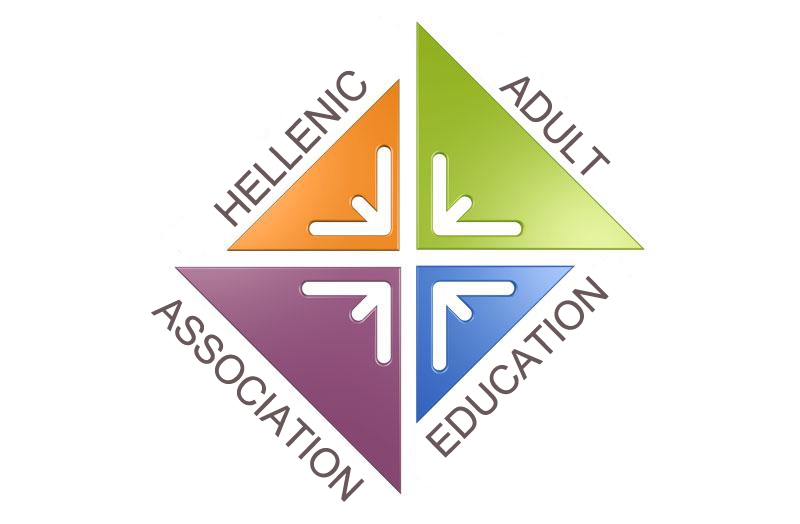
Hellenic Adult Education Association
Hellenic Adult Education Association (hereafter HAEA) is a scientific non-profit network of adult educators, trainers and researchers from all over Greece. Founded in 2004, HAEA operates with a small number of staff member but benefits from the voluntary time contributions of its members and the members of its Board of Directors, as well as the members of the editorial committee of HAEA’s journal “Adult Education”. Over the years, HAEA has become a recognized and very active community of practice in adult education and research within the Hellenic and the International framework. HAEA’s vision is to enhance social, organizational and human potential through Adult Education
The project aims to experiment with new processes of training educators and artists in digital production and digital dissemination of art works. These activities will be formulated as sectorapplicable outputs in the form of a collection of case studies and an easily accessed flexible handbook formed of key ingredients noted from the case studies.
Each participating country has an existing skill set: arts/culture; adult/non-formal education and training. Our project brings these skill sets together to share and compliment each other in achieving the desired outcome which is to inspire new digital skills for all.
Project participants will learn how to technically and concretely utilise digital tools which can support artistic and educational practice. The activities together form a ‘toolbox’ of practical learning and real-life examples of production and broadcasting at the intersection of arts, adult education and digital technology which will be accessible and relevant for both educators and artists.
Training both educators and performers opens up new realms of possibilities for making and accessing work as the digital world is already the provenance of a new generation of younger people and audiences are also of a new kind.
The role of artist-participants in this programme will be proactive: gaining knowledge and experience through ‘learning by doing’ by experimenting with digital live production skills to plan, promote and host artistic products.
The needs of teachers/trainers are addressed through practice based learning.
Adult educators’ competences will be developed to create course material and teach course content on the topic of the use of digital tools in artistic production and broadcasting.
As performance making through digital platforms is in its infancy, teachers in both informal and formal education settings will equally benefit from participating in this learning journey. Teachers/ trainers will gain the digital live production skills to educate others on the full process of utilizing digital tools in practice.
Our learners are diverse in each team:
- Intercult’s learners are professionals, teachers and students within the Performing Arts; actors, dancers, directors, scenographers, sound and costume engineers, choreographers and film and theatre producers, marketeers etc. The artists team learned how to create film (from research to all the stages to editing). The expert educator practiced different ways of training people in a short hands on laboratory.
Learn more about the artists in Sweden HERE
- Fablevision’s groups are storytellers, story listeners, activists, passionate people about the city, intermediaries. Multiple layers of learners such as young people in Studio FV learned new skills in how to produce augmented reality – community groups learned how to access digital tools and harness them to support their ambitions in telling their stories and histories. Local authorities representatives learned the potential of QR codes on signage to tell the history of RWH1697 and Fablevision members learned the history and situations in Dunure and Paisley.
Learn more about the learners in Scotland HERE
Learn more about the artists in Scotland HERE
- IKM’s learners are professional educators, practicians, podcasters, designers, graphic designers and librarians.
Learn more about the artists in Poland HERE
- Hellenic Adult Education Association learners are artists, educators, elder people, animators. The elder people learned how to be part of a story telling process.
Learn more about the artists in Greece HERE
